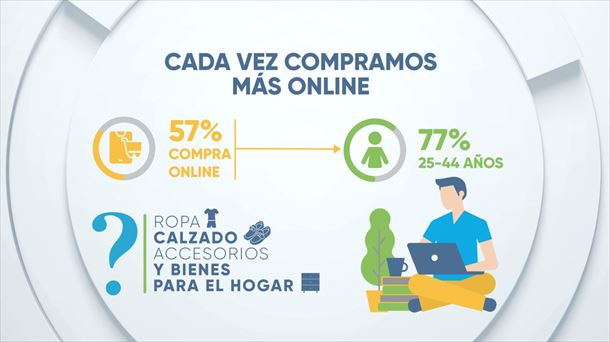A total of 450,000 tons of pork is produced in Austria every year, which ends up on restaurant plates or supermarket shelves. A new analysis by Tierschutz Austria shows: 40 percent of meat labels say nothing about animal welfare, and only 14 percent guarantee clearly higher standards.
“Brand owners and producers no longer shy away from coming up with fake labels that confuse consumers,” says Esther Kronthaler of Tierschutz Austria, who criticizes “misleading labels” when purchasing meat. A new test shows that of 22 labels, nine failed; according to the animal welfare organization, the majority of meat labels are not compatible with true animal welfare.
CO₂ stunning, even with biological seals
Animal protection mainly attributes this to a ban on playpens, fully slatted floors and intact curly tails, which are often left out. CO₂ stunning, in which the pigs are herded into a gondola and lowered into a CO₂-filled pit, is not even prohibited by organic quality marks (such as AMA Bio). For example, with the discount label “Fair Answer for the Animal” or the seal “Fair for the Animal” this is not an exclusion; There too, a ban on crates is not a criterion and the pigs do not have to have access to a pasture.
But even if certain standards apply, it has little value without control. In extreme cases, according to Tierschutz Austria, inspections only take place once every 50 years. Once a company has started, checks are carried out, but often not for years afterwards. However, this generally does not apply: in some programs strict checks even take place annually. The AMA also inspects pig fattening farms included in the program annually and therefore more often than the guideline prescribes (three times a year). The number of checks has recently been significantly increased with unannounced visits – so-called spot audits.
Bright spot: 14 percent clearly improves animal welfare
But the bright spots are few and far between: according to Tierschutz Austria, only 14 percent of quality seals significantly improve animal welfare. The organization positively states ‘Animal welfare improved’, ‘Back to the origins’ and ‘Yes! Of course”. The “Yes! Natural free-range pig” even does the best;
Kronthaler calls for an end to ‘pseudo-labels’. The jungle of quality marks confuses consumers and makes it difficult to choose the “right” food in the supermarket. But it is often very complicated to pay effective attention to animal welfare, not only in supermarkets, due to the lack of clear and transparent labels. The expert advocates mandatory and comprehensible information about livestock farming in the catering industry and in collective catering.
Source: Krone
I am Wallace Jones, an experienced journalist. I specialize in writing for the world section of Today Times Live. With over a decade of experience, I have developed an eye for detail when it comes to reporting on local and global stories. My passion lies in uncovering the truth through my investigative skills and creating thought-provoking content that resonates with readers worldwide.



